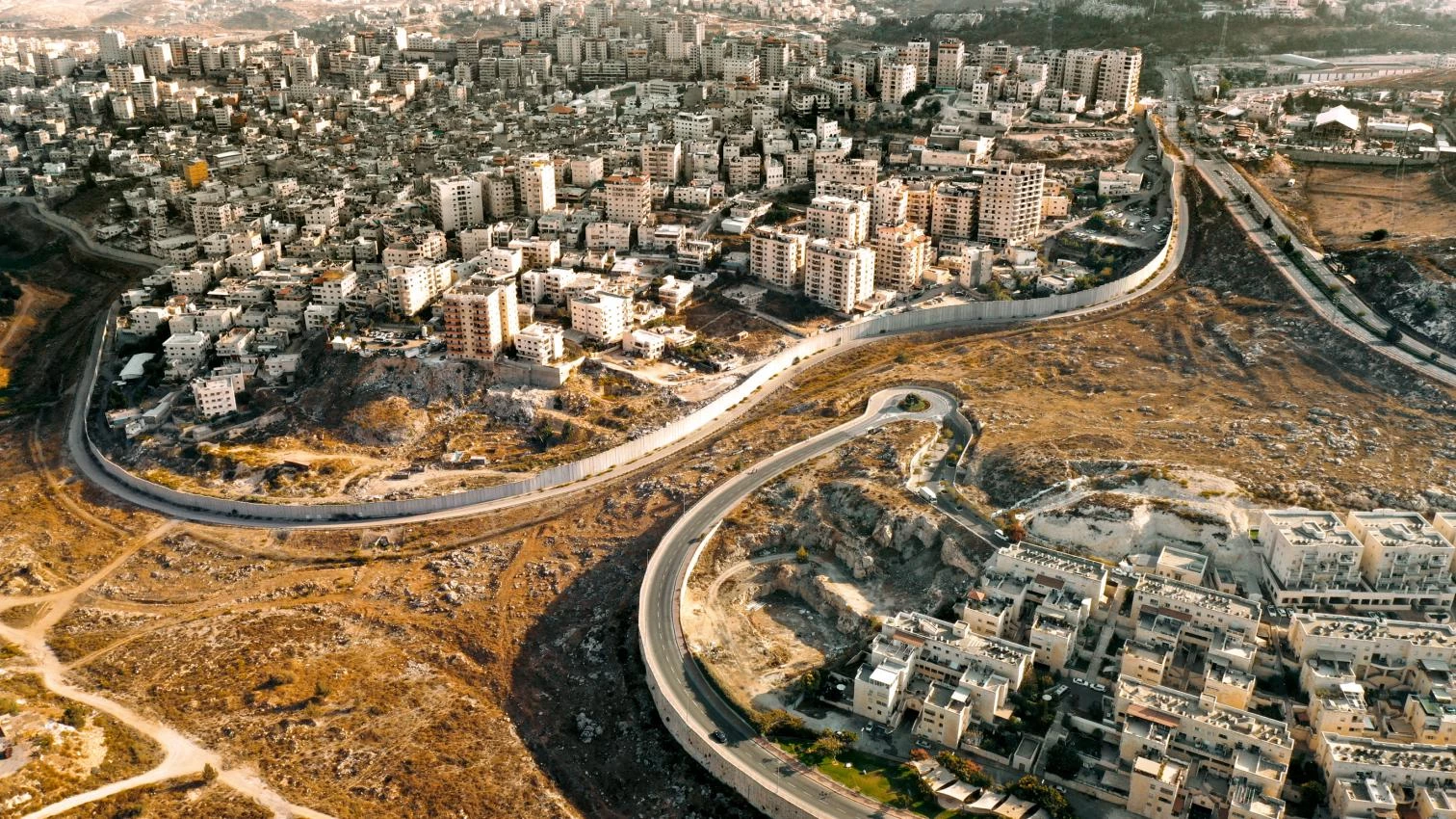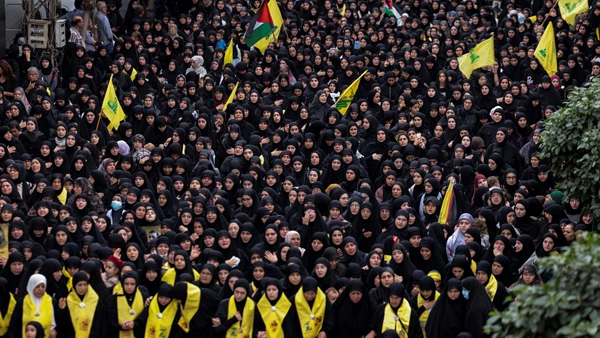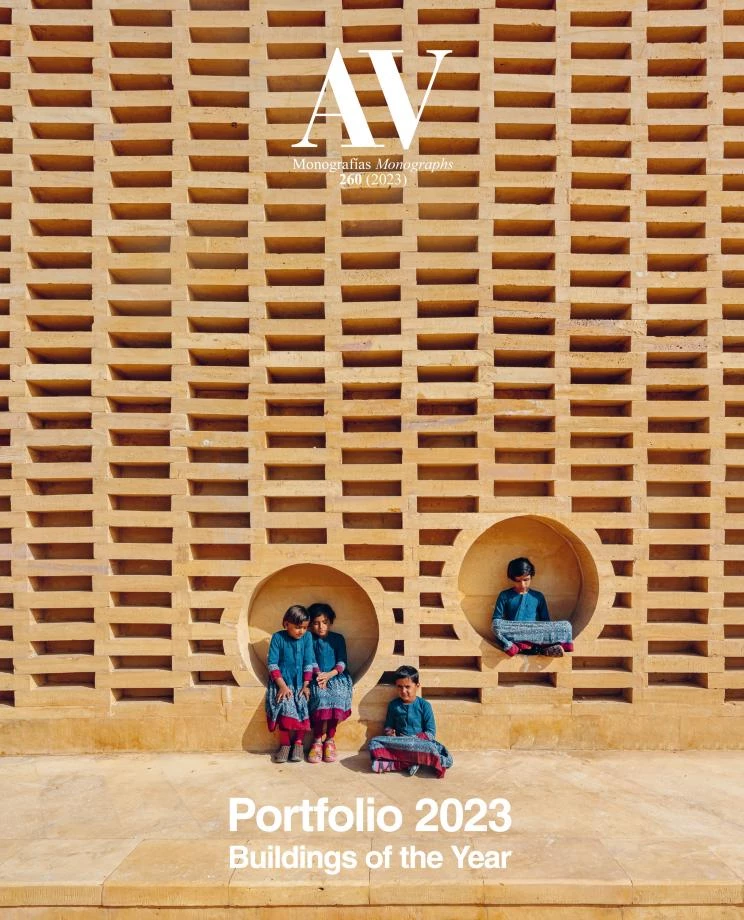
Wall between Israel and Palestine © ronib1979 / Depositphotos
At the end of the past century, a world without walls seemed feasible; in the first decades of this one, walls spread without control. Many are physical, fragmenting the territory with inaccessible precincts; others are judicial, segmenting the populations with arbitrary identities; and the most abrasive are emotional, which separate us from our peers making conversation or coexistence impossible. The great geopolitical wall is the one separating the West from the Global South, stage of the conflict between the two superpowers and responsible for the lack of governance in facing the challenges of our planet. Aside from that big divide, walls that draw frontiers between areas of different revenue, race or religion rise like defensive perimeters, refuting that ‘good fences make good neighbors,’ and pretending to set limits to migrations driven by poverty, climate, and wars. And within countries, the wire fences that create an apartheid of bantustans are cracks that corrode the social body.
The asymmetric war of the Gaza strip, with its tragic balance of civilian victims, is the latest episode of that desperate fragmentation of the world: it has divided Europe in a way that the Ukrainian war had not, and has led to a resurgence of an anti-Semitism which we thought had faded away, when in fact it was only in hibernation, and ready to be awakened. Fueled in turn by massive Muslim migrations, islamophobia extends across the old continent, and the electoral victory of the Euroskeptic Geert Wilders in the Netherlands marks a milestone in a populist and nativist ascent that builds walls against immigration. A populist fire that also devastates America, with the triumph of the extravagant anarcho-capitalist Javier Milei in Argentina, in a political tsunami that brings echoes of the Brazil of Bolsonaro and, more worryingly, of the United States of Trump, a toxic character who casts his long shadow over the next presidential election, threatening to return to the White House.
But beyond populist politics or divisive politicians, the big wall today is the one separating citizens in closed communication bubbles, fed by the monotonous din of their hermetic ideological or identitary precinct, to the point that conversation among neighbors, family, and friends becomes impossible, because there is no longer a common base of coincidences or agreements. Rulers, who used to begin their inauguration discourses assuring that they would work for everyone, whether they had voted for them or not, now begin their term of responsibility promising their supporters to build walls: walls against the interferences of international organizations, walls against economic immigration or political asylum, and walls against their ideological rivals, judged unworthy of attention. These emotional walls, exacerbated by sectarian blogospheres, lacerate the social body and hurt us all, perhaps irreversibly. If we are still on time, let us try to replace walls with bridges, for only in them can we still find hope.






